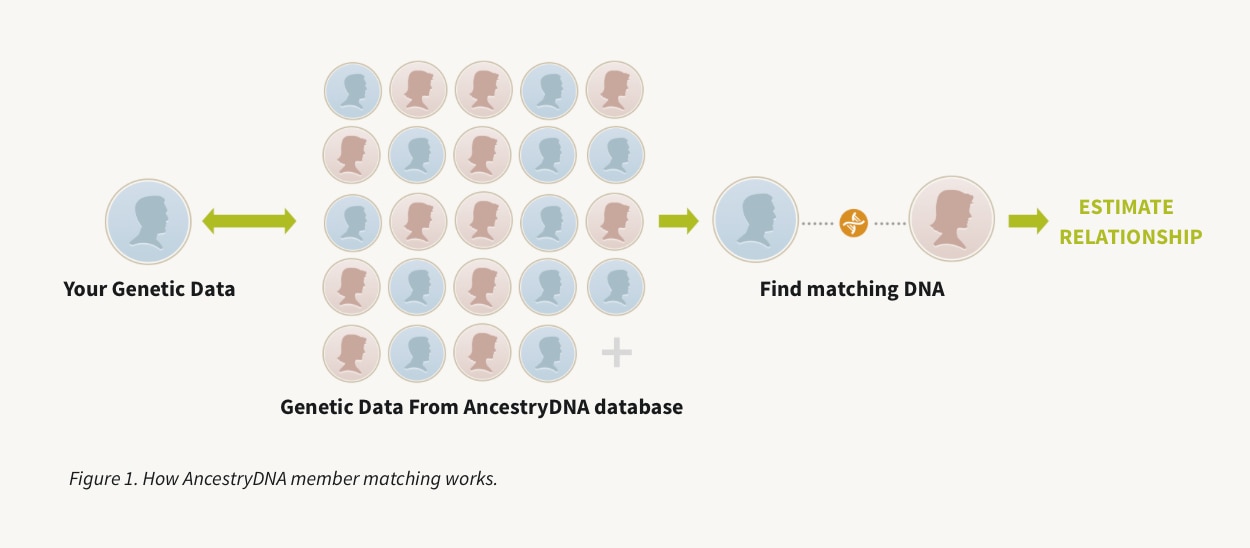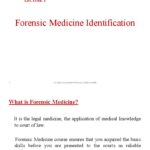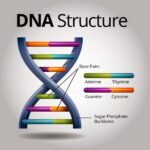The quest to unravel familial connections is a burgeoning interest, fueled by both personal curiosity and advancements in biotechnological capabilities. A common question arises amidst this exploration: where can one definitively ascertain the degree of consanguinity between two individuals via DNA analysis? It’s a seemingly straightforward query that belies the nuanced reality of genealogical DNA testing.
Several reputable companies provide services designed to compare DNA samples and determine the likelihood of a biological relationship. These services are predicated on the principle of shared genetic markers, inherited from common ancestors. Here are the primary avenues one can explore:
1. Direct-to-Consumer (DTC) Genetic Testing Companies:
This constitutes the most accessible and widely used method. Companies like AncestryDNA, 23andMe, MyHeritage DNA, and FamilyTreeDNA all offer DNA testing services geared toward genealogical research. The process generally involves purchasing a testing kit, providing a saliva sample (or a buccal swab, depending on the company), and mailing it back to the lab for analysis. Results, including a comparison of the two samples, are typically available online within a few weeks.
A pivotal advantage of DTC testing lies in their extensive databases. Millions of individuals have already submitted their DNA, increasing the probability of finding a match. Furthermore, these companies often provide tools to analyze shared DNA segments, estimate the relationship between individuals, and even explore potential ancestral origins.
However, it’s crucial to recognize the limitations. The algorithms used to predict relationships are probabilistic and may not always be entirely accurate. Factors such as pedigree collapse (where individuals are descended from the same ancestor through multiple lines) can complicate the interpretation of results. Moreover, the specific DNA markers analyzed, and the algorithms employed, vary between companies, potentially leading to slightly different relationship estimations.
2. Independent Genetic Genealogy Consultants and Laboratories:
For those seeking a more personalized and in-depth analysis, independent genetic genealogy consultants offer a viable alternative. These professionals possess specialized knowledge in interpreting complex DNA data and can provide expert guidance on deciphering relationships. They often collaborate with accredited laboratories to perform the DNA analysis.
The advantage of consulting with a genetic genealogist is the ability to tailor the analysis to specific research questions. They can help navigate the complexities of endogamy (marriage within a restricted community), identify potential errors in genealogical records, and even assist in locating unknown relatives through advanced DNA techniques, such as triangulated segments and phasing. Furthermore, some laboratories may offer specialized testing, such as Y-DNA or mtDNA analysis, which can provide insights into paternal or maternal lineages, respectively.
The tradeoff is that these services are typically more expensive than DTC testing and may require a more significant time commitment.
3. Forensic DNA Laboratories (with Legal Justification):
In certain legally justifiable circumstances, forensic DNA laboratories can be employed to compare DNA samples. This avenue is typically reserved for cases involving legal matters, such as establishing paternity or resolving inheritance disputes. Chain of custody documentation is critical in this setting to ensure the integrity and admissibility of the results in a court of law.
These laboratories adhere to stringent quality control standards and accreditation requirements, ensuring the accuracy and reliability of their analyses. However, their services are generally not accessible for purely genealogical purposes without a compelling legal reason. The testing is considerably more expensive than DTC options.
Considerations Before Submitting Samples:
Before embarking on DNA comparison, it is imperative to consider several ethical and practical considerations. Firstly, ensure that all individuals involved have provided informed consent. Genetic information is inherently personal and can reveal sensitive details about family history and potential health risks.
Secondly, be aware of the privacy policies of the testing company or laboratory. Understand how your DNA data will be stored, used, and potentially shared with third parties. Some companies may offer options to opt out of data sharing for research purposes, while others may have different data retention policies.
Thirdly, manage expectations. DNA testing can provide valuable insights into family relationships, but it is not infallible. Results should be interpreted in conjunction with other sources of evidence, such as genealogical records and historical documents. Discrepancies between DNA evidence and traditional research may require further investigation and critical evaluation.
Finally, consider the potential emotional impact of the results. Discovering unexpected relationships or encountering discrepancies in family history can be emotionally challenging. It is essential to approach DNA testing with an open mind and a willingness to accept the potential outcomes.
In conclusion, while DTC companies present the most accessible path for DNA comparison, independent consultants and forensic labs offer alternatives for specialized needs and circumstances. The allure of discovering ancestral connections through DNA is undeniable, but the process demands thoughtful consideration of ethical implications, privacy concerns, and the limitations of the technology. Embarking on this journey requires a mindful approach, tempered with an understanding of the complexities inherent in deciphering the language of our genes.










Leave a Comment